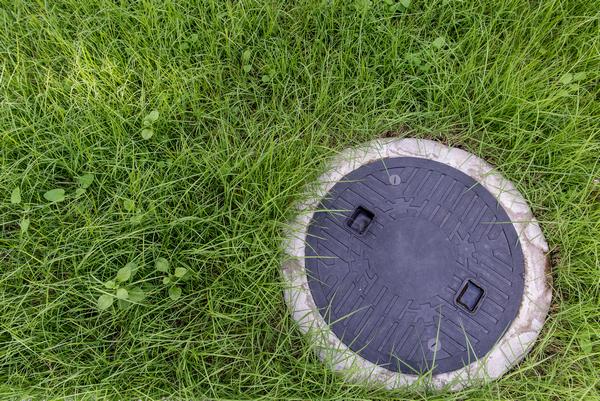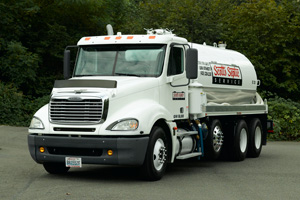- (253) 261-3453
- (206) 878-6873
- (425) 228-1150
- Mon-Fri 8am-6pm, Sat 9am-3pm






- (253) 261-3453
- (206) 878-6873
- (425) 228-1150
- Mon-Fri 8am-6pm
- Sat 9am-3pm




Pumping South King County for over 20 years!
You can reach out to me via text or call to (253) 261-3453. You can also give me a call at (206) 878-6873 or (425) 228-1150.
Working time:8:00 am–6:00 pm
Covington Septic Tank Alarm

Living in Covington, we know how essential it is to keep our homes running smoothly, including our septic systems. A well-functioning septic tank is crucial, not just for our comfort but also for the health of our environment. Did you know that a malfunctioning septic system can lead to costly repairs and environmental hazards? That’s why understanding our septic tank alarms is vital.
At Scott’s Septic Service, we offer a range of services, including septic tank maintenance and cleaning, to ensure your system operates efficiently. Our commitment to Covington residents means we are always here to help you troubleshoot any issues that may arise. By staying informed about your septic tank alarm, we can work together to prevent potential problems before they escalate.
Here are some key aspects of septic tank alarms that every homeowner should know:
- Septic tank alarm going off: what to do?
- Why is my septic alarm beeping?
- Understanding septic tank high level alarm signals
- Common septic tank warning alarm indicators
- Septic alarm troubleshooting tips for homeowners
Being proactive about your septic tank alarm can save us all from unexpected inconveniences. Regular maintenance and prompt attention to alarms help ensure that our systems function correctly, safeguarding our properties and the surrounding community.
If you have questions or need assistance, don’t hesitate to reach out to us at Scott’s Septic Service. We are just a phone call away at (253) 261-3453, or you can visit our contact page for more information.
Covington Septic Tank Monitoring
In Covington, effective septic tank monitoring is crucial to maintaining the health of our homes and the surrounding environment. Statistics show that regular monitoring can prevent up to 90% of septic system failures. This makes it even more important for us to keep an eye on our systems.
Monitoring our septic systems helps us identify potential issues before they become major problems. It ensures that everything is functioning as it should, especially in our unique local conditions where weather can affect system performance. Let’s explore some essential features of septic tank monitoring that can benefit us.
Here are some key features of septic tank monitoring:
- Real-time alerts for septic tank system performance.
- Proactive maintenance reminders to avoid malfunctions.
- Improved longevity of your septic system with regular checks.
- Cost-effective solutions to prevent expensive repairs.
- Peace of mind knowing your system is being monitored.
Staying vigilant with our septic tank monitoring not only helps us avoid costly repairs but also protects the environment. By being proactive, we contribute to the overall health of our community and waterways.
For further information about septic tank monitoring, please reach out to us at (253) 261-3453 or visit our contact page. We are here to support you in maintaining your system.
Covington Septic Malfunction Alarm
In Covington, we all rely on our septic systems to function without a hitch. However, when a septic malfunction alarm goes off, it can cause concern. It’s essential to act quickly, as statistics reveal that ignoring these alarms can lead to severe issues, including system failures and environmental contamination.
Understanding the reasons behind a septic malfunction alarm is crucial for all of us. Whether it’s due to a high water level or a mechanical failure, being informed allows us to tackle these issues head-on. Let’s take a look at some important points regarding septic malfunction alarms.
Here are critical considerations regarding septic malfunction alarms:
- What does a septic alarm going off mean?
- Understanding septic tank warning alarm signals.
- Decoding septic system alarm meanings.
- How to silence a septic alarm effectively.
- Identifying septic high level alarm indicators.
Being aware of these aspects of septic malfunction alarms empowers us to respond quickly and efficiently, helping to protect our homes and environment. By staying informed and taking action, we can ensure our septic systems remain healthy.
If you’re experiencing issues with your septic system or have questions about alarms, reach out to Scott’s Septic Service at (253) 261-3453, or visit our contact page for further assistance. We’re here to help you keep your system running smoothly.
You can reach out to me via text or call to (253) 261-3453. You can also give me a call at (206) 878-6873 or (425) 228-1150.
Common Septic Questions(FAQ)
We recommend not using a garbage disposal with a septic system. The use of a garbage disposal will dramatically effect the amount of scum and sludge produced, and will significantly increase your need for pumping.
The main components of a septic system are:

